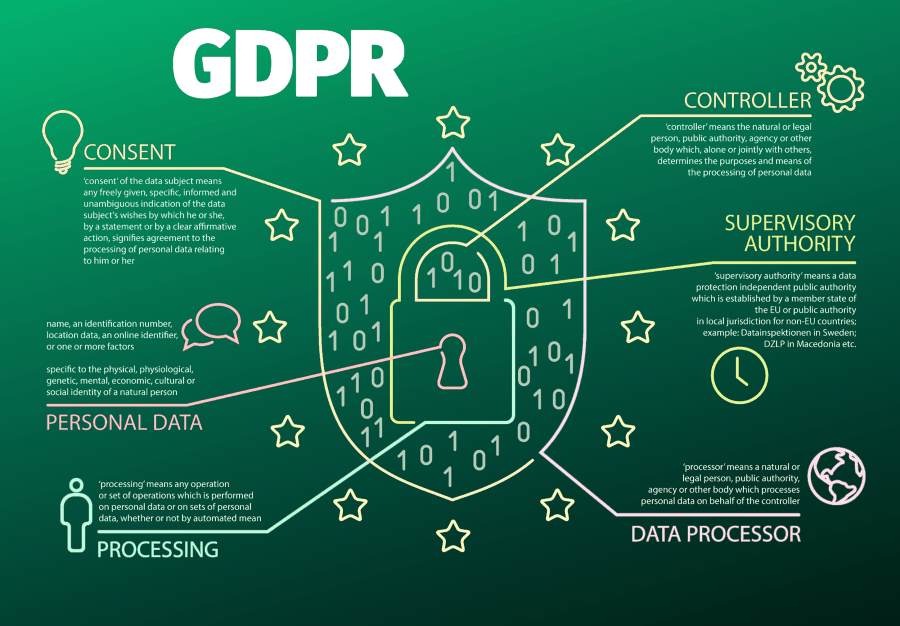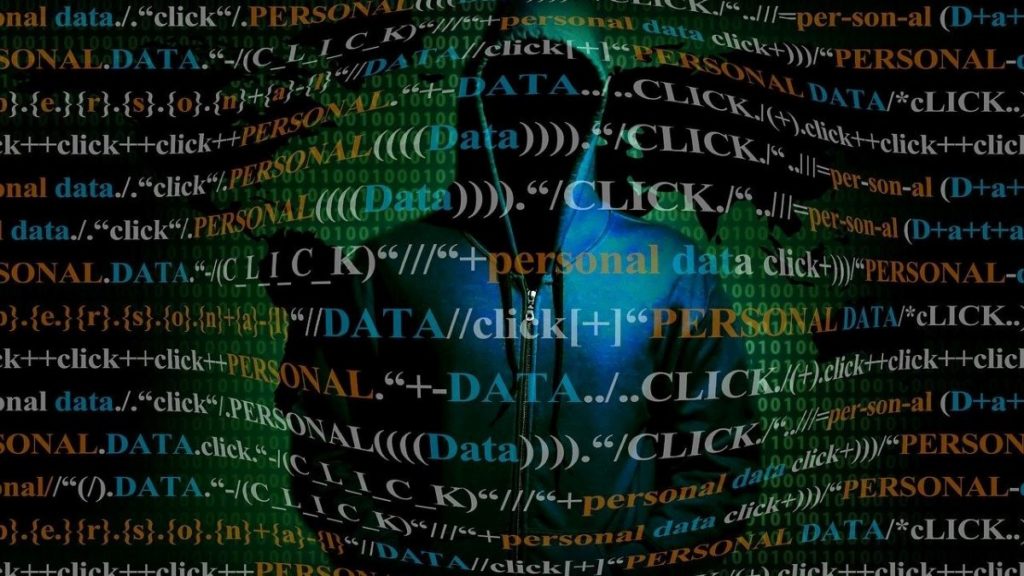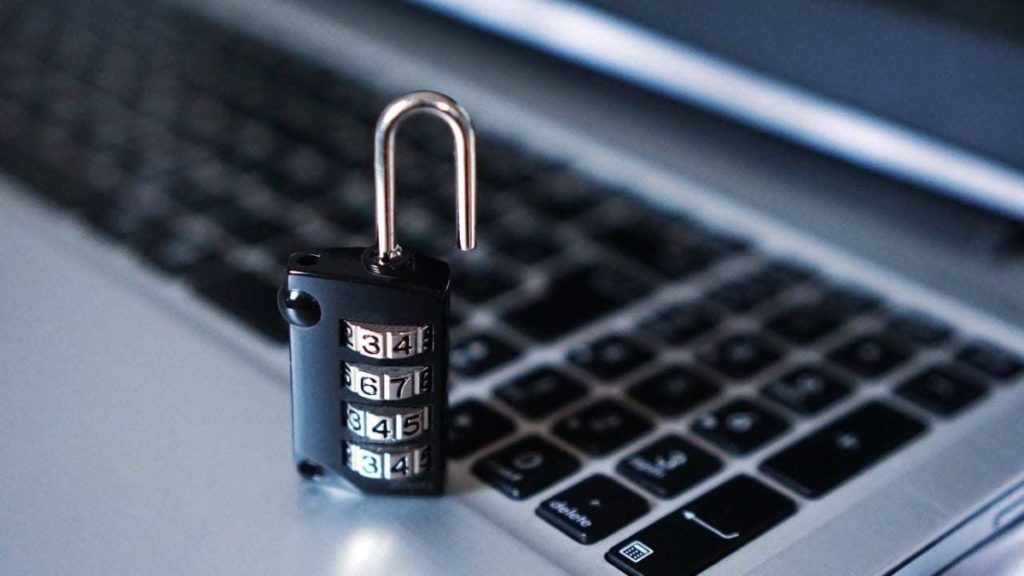Image by Werner Moser from Pixabay
Customers are becoming more careful about sharing their data, just as regulators are intensifying privacy requirements. Therefore, modern companies are quickly learning that data protection and data privacy can make or break their businesses in 2020.
However, the data companies collect from consumers creates the possibility of enhancing customer engagement, as long as businesses accept their responsibility to keep consumers’ data safe and secure.
Make Customers’ Data Privacy One of Your Highest Concerns
Collected data is an economic asset of utmost importance. You need manage it appropriately, even as you seek to make the most effective use of it.
Today’s consumers expect transparency when it comes to trusting you with their private data. Moreover, if you are not actively addressing data privacy, you could be in danger of infringing on consumers’ rights. You might even be violating regulations that guide data privacy, which could lead to serious consequences for your business.
As you surely are aware, specific laws control how data is used, stored, and shared. Breaking even one of these laws will harm your business. Your company could be subject to large fines, and violations can even result in criminal charges.
However, as data technology progresses, privacy legislation also evolves, with an evident shift toward protecting consumers. For example, the General Data Privacy Regulation (GDPR) was implemented in Europe in May 2018. This body of regulations provides consumers with more choices and protections about how companies may use their data.
The GDPR gives consumers more convenient access to the data that organizations hold about them. It even makes it simpler for consumers to ask companies to erase their data from their systems.
For companies, the GDPR demands changes in the way they obtain and collect, store, share, and delete data. If you want to understand GDPR better and learn why it is considered one of the most comprehensive privacy laws that has ever been created, check out the beginner’s guide to GDPR at Prolifics. Learn why an understanding of the regulations around data privacy is now essential to the survival of any business, no matter where in the world that business operates.

Photo from Seavus
While collecting data is a necessary element of processing payments and conducting marketing, possessing it also carries with it a tremendous responsibility. When consumers share their valuable information, they’re trusting your business to keep it safe and secure.
If you somehow fail to keep their information as secure and private as possible, your customers will promptly take their business elsewhere. To help you keep that from happening, we’ve compiled a short list of how your company can ensure data privacy more efficiently for your customers.
Never Collect More Data Than You Need
Deep-diving into customer analytics is remarkably useful when you’re working toward establishing an effective marketing strategy. However, obtaining layers upon layers of consumer data also means that your customers are considerably more at risk should a data breach occur.
One of the easiest ways to ensure loads of consumer data isn’t lost in the event of a violation is just not to collect loads of data in the first place. The juicier the data in your system, the bigger the chance hackers will target your system and compromise data privacy. With that in mind, ask only for the data your business truly needs.
For example, ask customers to provide only a login username and unique password. However, don’t ask for phone numbers, home addresses, social security numbers, and so on, unless your company must have that information for its essential operations.
Protect the Privacy of Your Digital Data
A vast amount of consumer data is collected and stored on the cloud. Therefore, digital security measures are imperative. To this end, work with IT professionals to ensure your network, databases, and website are as secure as possible.
Typically, websites are the first area of attack by cybercriminals. Therefore, incorporate multiple layers of protection on your website. Some steps to take are:
- Make sure you delete all customer information as soon as you no longer need it
- Utilize a secure connection for all online transactions
- Encrypt all data that could enable someone to personally identify your customers
- Always host your data on a dedicated server
- Require strong passwords for online accounts

Image by Gerd Altmann from Pixabay
Reduce Outside Access Through Private Servers and Networks
When it comes to something as important as data privacy, put up as many obstacles as possible between those with malicious intent and the data itself.
One of the best ways to secure data is to store it on a private network or server. Maintaining control over your private server and closed network builds trust among your customer base, as this greatly decreases the chances of outside interference.
So consult with your IT professionals, and make sure to add this and any other additional layers of security they recommend. Keep your data squirreled away behind multiple layers of security, and people will be more likely to trust your business with their data.
Protect the Physical Side of the Operation Too
Since the bulk of transactions today are conducted over the cloud, it’s easy to focus solely on digital security. Still, it’s equally important to invest in security measures on your company’s physical premises, too. If you don’t, burglars can steal electronics and company laptops, giving them access to all the digital data you tried to secure electronically.
RELATED ARTICLE: 10 BENEFITS OF HIRING SECURITY PERSONNEL
Therefore, secure all access points for customer data, such as laptops, smartphones, hard drives, and USB drives. Ensure your employees are protecting their devices with strong passwords, as well as securing them before they leave the premises every evening.
If you have an on-site server, restrict access only to employees who need it, and secure it behind locked doors. Protect your building’s premises by utilizing a modern security system that comprises alarm capabilities, live recording cameras, smart lighting, mobile app integration, and more.

Image by TheDigitalWay from Pixabay
Final Words
The most efficient way to secure your consumers’ data privacy is through a robust defense system. Protecting your business both physically and digitally will undoubtedly pay off. For one thing, you’ll have less risk of violating data privacy regulations. You’ll also have happier customers and fewer financial losses. Keeping the trust of your loyal customers is essential for the ongoing success of your business. And that trust is strongly associated with making their data privacy a daily priority.

